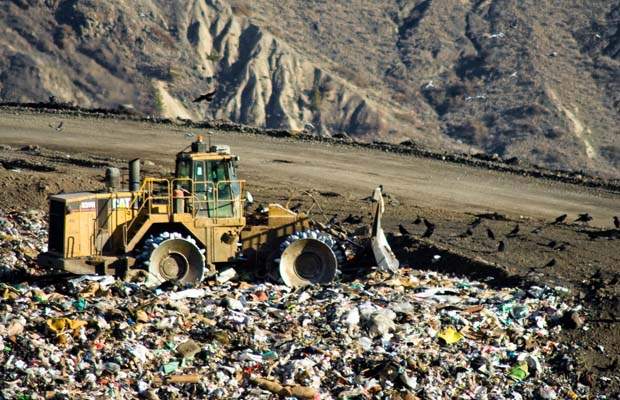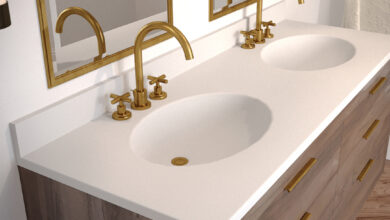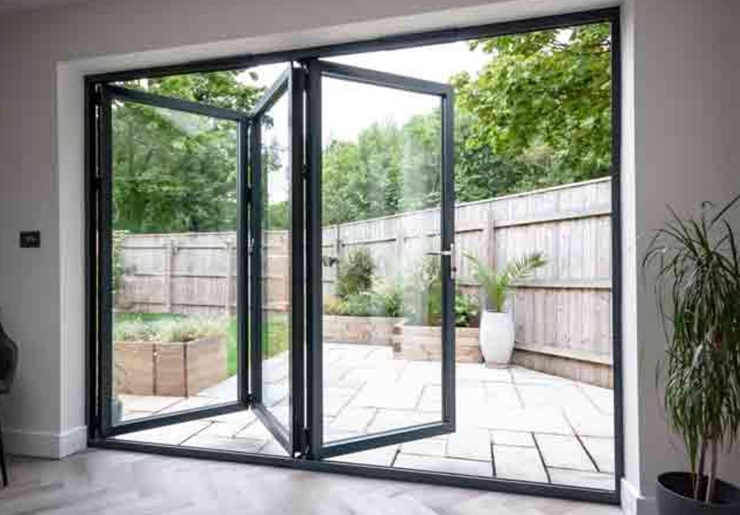Hazardous Waste Disposal

Every year, the United Kingdom produces more than 100 million tonnes of waste and more than six trees worth of recyclable material contributes to this number. Around the world, countries are working towards solutions for better ways to handle waste and recycling. Some cities burn trash as a way to counteract landfills but most of the world collects and dumps trash in a specific location. A large majority of municipal waste to arrive at landfills is classified as “mixed” waste categories because it is not possible to sort the rubbish into specific categories. In 2014, construction, demolition, and excavation generated more than 50% of the total waste in UK with households generating 14%.
However, as the UK moves steadily downward on the scale of waste generation, a large concern surrounds hazardous waste disposal, such as TVs or computers. If an electrical item cannot be recycled or thrown into a normal trash can, it must be disposed of in a specified manner. Oftentimes this type of rubbish is considered “waste electrical and electronic equipment,” more commonly known as WEEE.
Hazardous Waste Definition
Because hazardous waste and WEEE are composed of materials that often release dangerous toxins into the air if burned or into the earth if placed in a landfill, the disposal of this rubbish must be regulated and tracked. But many people do not know what qualifies as hazardous waste & WEEE:
- Asbestos
- Fluorescent lights
- Chemicals or solvents such as brake fluid or ink toner
- Batteries
- Pesticides
- Electronics such as TVs, computers, printers, refrigerators, and more
- Gas bottles or fire extinguishers
- Car oils
- Hazardous waste containers
There may be more items that are classified as hazardous waste or WEEE so it is important to look up each item that you are not sure about. Although the town usually provides a location to drop, some cities, such as Norwich in Norfolk County, also provide free hazardous waste days on weekends during the autumn season. In addition, private contractors around the UK offer pickup options, similar to a rubbish collection contractor in Norwich.
Research your hazardous waste prior to calling a rubbish contractor so that you will be able to accurately describe what you need hauled away. Most contractors will have vehicles that are able to carry a large capacity but usually they will only pick up r items that are alone and not mixed as this would change the disposal process.
Your contractor will also be able to provide both a waste transfer and consignment notes as proof that you safely transferred your hazardous waste. Sometimes it may be wise to ask the contractor to provide evidence of final disposal to protect yourself in the event that something should happen. The contractor would provide a tipping receipt and you should save this to create a waste disposal trail for your rubbish.
Although the UK is on a downward descent for waste generation, some waste is unavoidable and must follow government disposal regulations. All citizens should stay informed and continue learning the best practices for the environment regarding waste disposal, hazardous waste, recycling, and more.




